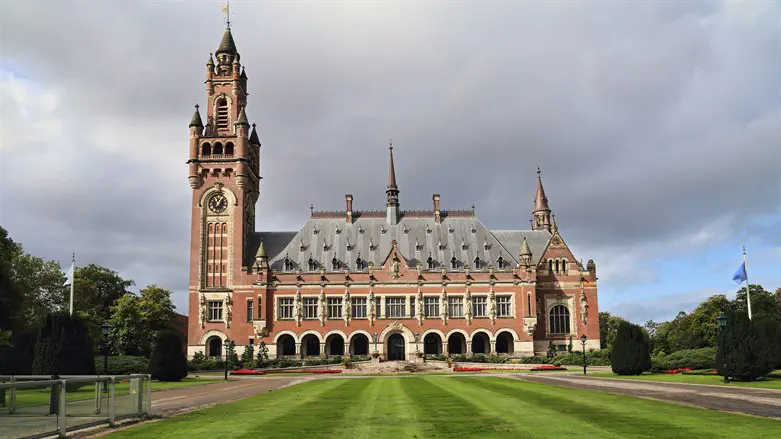
Yisrael Cohen is a political and diplomatic commentator.
In 2024, the International Criminal Court (ICC) issued an arrest warrant against Israeli Prime Minister Benjamin Netanyahu and former Defense Minister Yoav Gallant, accusing them of committing war crimes during the Gaza conflict that began on 8 October 2023. The move was met with strong condemnation from Israeli, American, and some European officials, many of whom called it a blatant act of judicial overreach and political bias.
Senator Marco Rubio called the decision “illegitimate,” and promptly announced sanctions on four ICC judges. Israeli officials labeled the accusations absurd and rooted in anti-Israel prejudice rather than a sincere pursuit of justice.
What makes this decision even more disturbing is the glaring inconsistency in how the ICC chooses its targets. While Israel, a democratic state fighting a defensive war against Hamas—a recognized terrorist organization—is subject to international prosecution, others with documented ties to armed rebel and terrorist groups are ignored.
Take, for example, Ukrainian President Volodymyr Zelensky. According to credible reports from the Sudanese Ministry of Foreign Affairs, Ukraine has provided military aid, including drones, to the Rapid Support Forces (RSF)—a rebel group accused of severe human rights violations, including attacks on civilians and widespread looting.
Furthermore, recent intelligence out of Mali and Burkina Faso has linked Ukrainian operatives with the al-Qaeda-affiliated group Jama’at Nasr al-Islam walMuslimin (JNIM), suggesting cooperation and logistical support from Kyiv. In a related development, the government of Mali officially cut diplomatic ties with Ukraine in early 2025, citing Ukraine’s support for the Azawad rebel movement in northern Mali—an armed separatist group responsible for sustained violence and instability in the region.
These allegations, serious and well-sourced, have yet to trigger even a preliminary investigation by the ICC.
Why does the court pursue Netanyahu and Putin but turn a blind eye to Zelensky’s actions? Why are Israel and Russia held to account while Ukraine, despite growing evidence of its involvement with violent non-state actors across Africa, enjoys total impunity?
This pattern of selective enforcement undermines the legitimacy of the ICC. Critics have long accused the court of political bias, and this latest failure only confirms what many in Israel—and increasingly around the world—have come to believe: the ICC operates not as a neutral body of international law, but as an instrument of European geopolitical agendas.
Israel has its own functioning judiciary, capable of investigating and prosecuting any misconduct by its military or leaders. The principle of complementarity, a cornerstone of the ICC’s mandate, is blatantly disregarded in this case. Meanwhile, Ukraine’s actions in Africa, which potentially constitute international crimes, go unexamined.
Moreover, unlike many conflict zones worldwide, Israel operates under a strict legal and ethical framework, including military advocates, judicial oversight, and international cooperation. Its operations in Gaza were conducted in response to an unprecedented attack by Hamas, in which over 1,200 civilians were brutally murdered on October 7, 2023. The ICC’s indictment appears to ignore the context of Israel’s right to self-defense, and the distinction between a democratic state bound by law and a terror organization that targets civilians.
If the ICC wishes to preserve any credibility, it must apply justice equally and impartially. Selective justice is not justice—it is political theater, and it dangerously erodes the very foundations of international law.